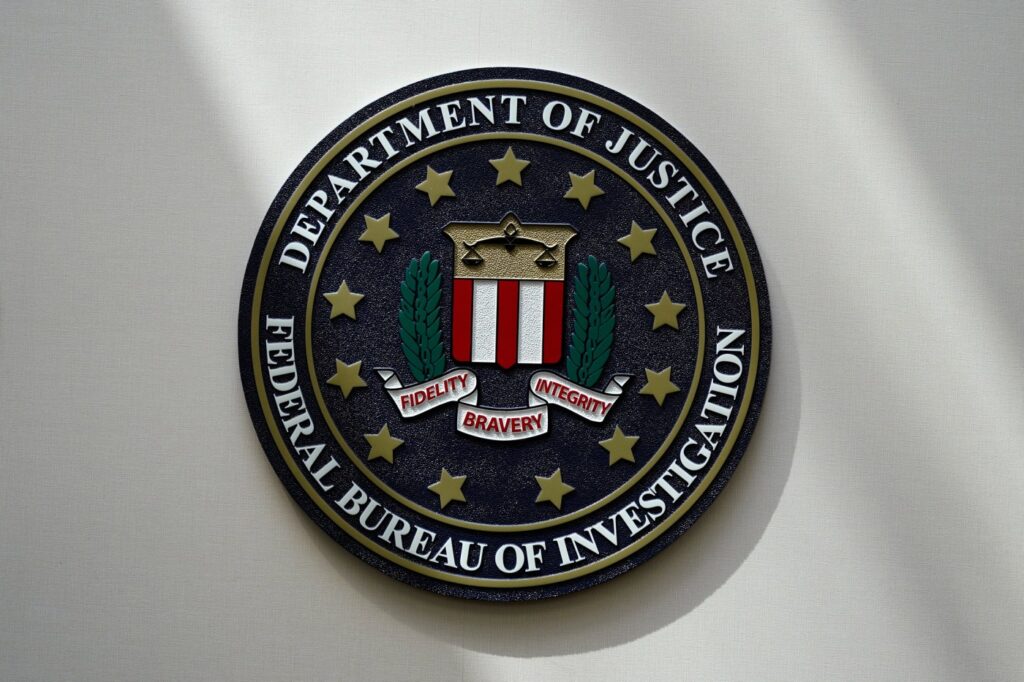A Vacaville nurse is among hundreds arrested in a sweeping nationwide health care fraud crackdown announced this week by the Department of Justice. Clinton Johnson Christian, 38, faces charges in the U.S. District Court for the Northern District of California in San Francisco, accused of tampering with consumer products and obtaining controlled substances through misrepresentation.
Christian is one of five defendants from the Northern District of California implicated in a broader effort that resulted in criminal charges against 324 individuals across the United States. The alleged schemes involved over $14.6 billion in fraudulent billings and the illegal diversion of more than 15 million pills of controlled substances, according to U.S. Attorney Craig H. Missakian.
Details of the Allegations
The indictment against Christian claims he tampered with medication by obtaining controlled substances through deceptive means, diverting them for personal use. The government alleges that Christian accessed machines containing hydromorphone, a potent opioid, under the guise of patient need, only to replace the drug with saline and cancel the orders.
Christian’s social media profiles list him as a registered nurse at Sutter Health California Pacific Medical Center in San Francisco. However, the U.S. Attorney’s Office has not commented on the specific locations of the alleged crimes. Assistant U.S. Attorney Jonathan U. Lee is prosecuting the case.
“Fraud and abuse in our health care system all too often result in harm to the elderly and sick and a loss to the American taxpayer,” said U.S. Attorney Missakian. “The cases announced today reflect the far-reaching impact of health care fraud and my office’s commitment to prosecuting schemes that target these vital programs.”
Other Defendants and Schemes
Alongside Christian, four other individuals have been charged in the Northern District:
- Vincent Thayer, 41, of San Jose: Indicted for wire fraud, health care fraud, and aggravated identity theft related to a $68 million medical office visit scheme.
- Sevendik Huseynov, 47, of Sunnyvale: Arrested for allegedly submitting fraudulent claims to Medicare Advantage Organizations for durable medical equipment.
- Dr. Yasmin Pirani, 46, of British Columbia, Canada: Charged with health care fraud and false statements in a $35.2 million telemedicine fraud scheme, involving unnecessary prescriptions for Medicare beneficiaries.
- Patrick Omeife, 33, of Ghana: Indicted for money laundering related to fraudulently obtained COVID-19 relief funds.
Context and Implications
This crackdown is part of a coordinated effort by law enforcement to combat health care fraud, a persistent issue in the United States. The schemes not only defraud government programs like Medicare but also endanger patient safety and inflate costs for taxpayers.
The Department of Justice’s announcement highlights the scale and complexity of health care fraud, which often involves intricate networks of professionals and businesses. The seizure of over $245 million in cash and assets underscores the financial magnitude of these crimes.
By the numbers: Over $14.6 billion in alleged false billings and more than 15 million pills of illegally diverted controlled substances were involved in these schemes.
The cases serve as a stark reminder of the vulnerabilities within the health care system and the ongoing need for vigilance and reform. As the legal proceedings unfold, they may prompt further scrutiny and potentially lead to policy changes aimed at preventing similar fraud in the future.
Looking Forward
The Department of Justice’s actions represent a significant step in addressing health care fraud, but experts warn that continued efforts are necessary to safeguard public health and government resources. The outcome of these cases could influence future enforcement strategies and highlight areas for improvement within health care administration.
As the legal process continues, the focus will remain on ensuring accountability and restoring integrity to health care systems. The broader implications of these cases may resonate through policy discussions and legislative efforts aimed at strengthening oversight and preventing fraud.
